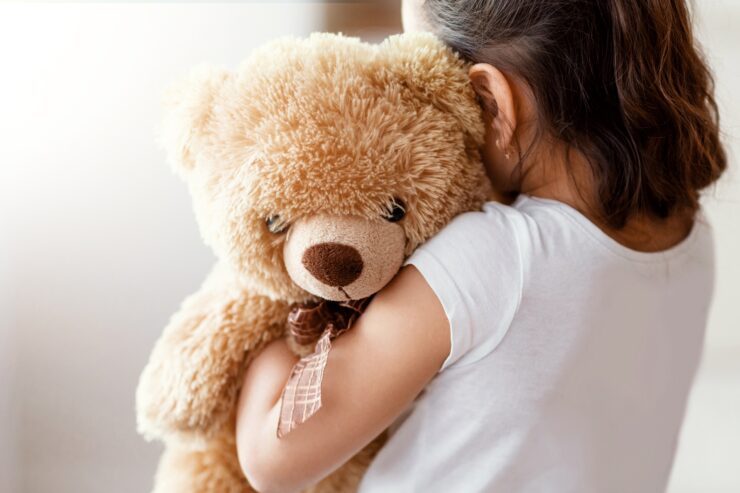Why corporal punishment should be banned globally
Violence against children is sometimes seen as tough love but it can cause long-term harm

An estimated 1.2 billion children globally are subjected to corporal punishment at home. That could be shaking, slapping, or any physical act that is intended to cause the child pain or discomfort, however light. Corporal punishment is also common in schools and other settings globally.
The World Health Organization (WHO) has just released its first report into corporal punishment of children, calling for a global ban. In 1979, Sweden became the first country to ban corporal punishment of children, and it is now banned across all settings in 68 countries. At the online launch of the report, Etienne Krug, Director of the WHO Department of Social Determinants of Health, called this “big progress, but of course, still very far from where we want to be”.
How corporal punishment impacts children
After more than 50 years of research, no study has found any positive effects of corporal punishment on children’s development or wellbeing, said Bess Herbert, who co-authored the report. “In fact, there is considerable evidence of negative consequences of corporal punishment”, Herbert noted. Aside from the potential direct physical harm, there may be impacts on children’s hormonal responses to stress, and on their brain structure and function.
“No study has found any positive effects of corporal punishment on children’s development or wellbeing.”
There can also be psychological consequences. Children who have experienced corporal punishment are more likely to have mental health problems like anxiety and depression, both in childhood and later in adulthood. They may also develop cognitive skills more slowly, and in turn achieve less academically than those who have not. When corporal punishment occurs in school, children may be intimidated and less able to learn. When a parent is violent, their relationship with their child can suffer, as children fear and avoid them. Those who have experienced corporal punishment may also be more likely to perpetrate violence themselves.
For these reasons, outlined in detail in the WHO report, Herbert calls corporal punishment a global public health concern.
Changing attitudes on corporal punishment
Thailand is the latest country to legally ban corporal punishment, doing so this year. Usana Berananda, the Thai government’s representative to the UN, said that positive parenting is actively encouraged in Thailand, because it’s not only law that needs to change, but attitudes and beliefs. Violent discipline has already declined in Thailand over the last decade, Berananda said, because they have been changing perceptions and public understanding on the issue.
The Thai cabinet changed a proverb as part of this strategy: “Love your cow, keep them. Love your children, spank them”, became “Love your cow, keep them. Love your children, hug them”. Attitudes are shifting away from tough love, and there is a focus on positive practices like speaking and listening to children. Changing the law is not enough on its own. Governments need to engage with communities to change attitudes and support healthy, nurturing relationships between adults and children.
“Changing the law is not enough on its own.”
Protecting children’s rights
Alongside the evidence against corporal punishment, this is a human rights issue. In 2006, the UN Committee on the Rights of the Child issued a statement calling for states to “move quickly to prohibit and eliminate all corporal punishment and all other cruel or degrading forms of punishment of children”. Almost 20 years later, corporal punishment is fully banned legally in only around a third of the 196 countries who have ratified the UN Convention on the Rights of the Child. In 2015, all states agreed to the Sustainable Development Goal target to end all forms of violence against children by 2030. Despite these global commitments, there is a long way to go.
Krug hopes the launch of this report compiling the evidence against corporal punishment is a milestone event that will encourage more countries to ban corporal punishment. “We can do better for the children of the world,” he said.
